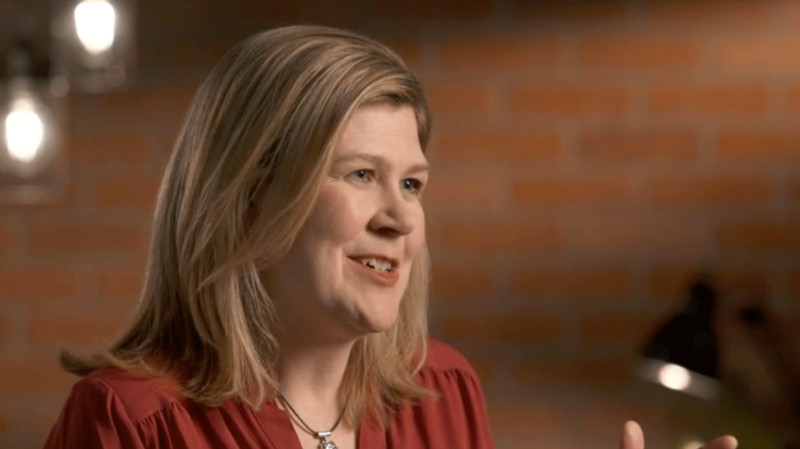Sean: Vision is incredibly important for all of us. It’s important for all of us as individuals, it’s important for teams, it’s important for organizations. I think of a vision as a destination. It’s where we’re going. As a team, it’s where we’re going together. Once you’ve got that destination you can start mapping a route. You can figure out what the short-term goals are, what the long-term goals are, what actions you need to take to get there, and what the milestones would be. Now you’ve got a tool that you can use to compare to your day-to-day activities to say, “Is this activity getting me or getting us closer to our destination?” A lot of people don’t have a vision and they end up doing activities that don’t add any value to their lives or their organization. So, the vision, the destination, is incredibly important to know where we are going and how our daily actions fit in to the bigger picture.
With the changes that I’ve experienced in the last few years – with my son graduating college and getting his own job and crafting a life of his own and realizing that my daughter who’s a senior in high school is only going to be around for eight months to a year before she heads off to college and starts becoming more and more independent – I’ve really started to look at everything that I do and compare it to where I want to go. I then decide whether or not it adds value. I’ve become much more inclined to just say no to things rather than feeling like I should do them, I have to do them, or I don’t want to disappoint someone else.
Angie: I get asked all the time what Marine Corps training is like. In particular, what was the hardest part of Marine Corps training? My answer typically surprises people because I’m a runner, but what I hated most about Marine Corps training was waking up in the morning and going on these long, enduring formation runs because our instructors never told us how long the runs were going to be or where we were going to run. So, during these formation runs all you knew is that you had to suck it up and endure. There was a reason for it. They were trying to condition you for combat environments where you weren’t going to get you know everything. I mean it was really training to see how long you can endure but that’s exactly why I hated it. I didn’t know where I was going and the direction I was headed and when I realized that and was able to clarify what made that so miserable, it was a really important “aha” moment for me. It taught me the importance of having vision, having a sense of direction, and how that motivates you to keep your head in the game.
When I think of critical times in my life where I’ve lacked vision, it typically is after I achieve a milestone like graduating from college, earning a commission in the Marine Corps, getting out of the Marine Corps, or after I completed grad school to get my MBA. It’s in those moments where you know you’ve been driving hard towards something, you achieve it, and then you have to reset your vision again.
When we write in SPARK about acting with intention, we really wanted to help professionals understand that a good clear vision gives you purpose. It gives you motivation. It gives you something to strive for. But we also wanted to illuminate the fact that often when professionals get older, we sometimes think of ourselves as complete products. That we’re finished. We tend not to think that we’re going to grow that much as an adult. However, the research that we share in SPARK shows that’s not true. We have a lot of change and opportunity on the horizon. If we are able to reimagine our future, and what better could look like, we can stop low barring some of our expectations.
By having a vision, and then kicking it up a few notches, you can surprise yourself with what you can achieve.


